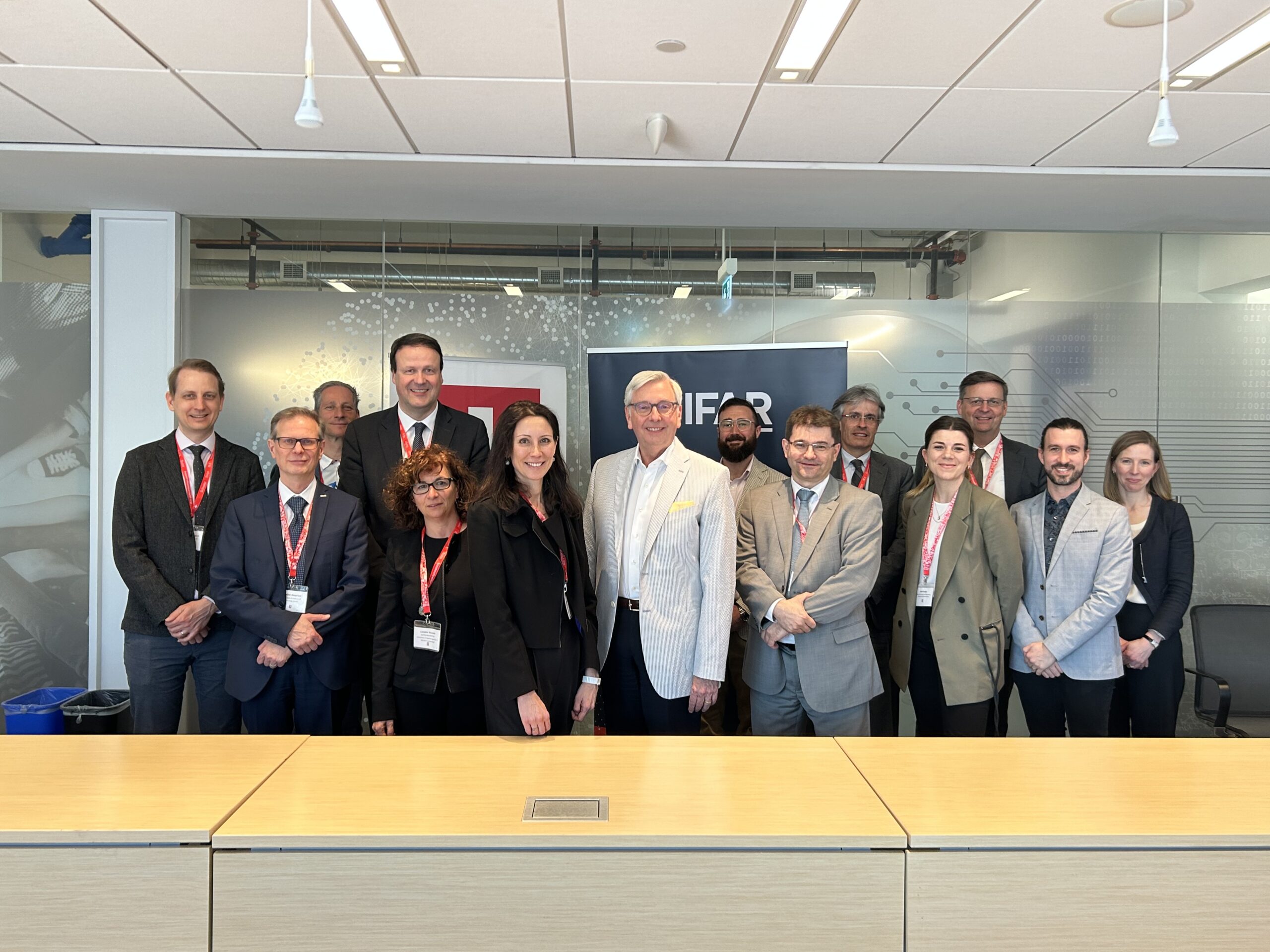By: Liz Do
28 Sep, 2023

CIFAR and the Swiss National Science Foundation (SNSF) have signed a partnership agreement, effective October 1, 2023 until March 31, 2028.
Over the next four and a half years, the partnership looks to promote the integration of leading Swiss researchers into CIFAR’s programs, and enable cross-border collaboration in novel research fields, with strategic initiatives co-developed by CIFAR and SNSF. As part of the agreement, SNSF will contribute $6 million (CAD) to CIFAR over this timeframe.
SNSF is a Swiss institution that promotes scientific research in diverse academic disciplines, from physics to sociology. It strives to create optimal conditions for the development and international integration of Swiss research, paying particular attention to the promotion of early-career researchers.
CIFAR’s partnership comes on the heels of a renewed Joint Statement concerning Science, Technology and Innovation between Canada and Switzerland, which was signed by each country’s government in April 2023 to strengthen bilateral collaboration in the fields of science, technology and innovation.
In April, CIFAR also hosted a Swiss delegation led by Ambassador Jacques Ducrest, State Secretariat for Education, Research and Innovation, where CIFAR and SNSF signed an Expression of Interest to collaborate.
“This is a significant step in strengthening research collaboration between Canada and Switzerland. As a proudly Canadian-based global research organization, it is imperative to CIFAR’s mission that we continue to grow and foster fruitful partnerships with other leading research institutions around the world,” said Stephen Toope, CIFAR’s President and CEO. “CIFAR looks forward to working closely with SNSF to advance both organizations’ mutual interest in growing a strong global research ecosystem.”
“This partnership will offer new opportunities for Swiss-based researchers to engage with CIFAR’s network of the world’s top scientists,” says Matthias Egger, President of the National Research Council of the SNSF. “It enables truly international and transdisciplinary scientific collaboration to address key global challenges.”